Trademark Law and Generic Terms
Generic words cannot be protected as trademarks. If a trademarked term becomes synonymous with a kind of product, rather than a brand, it ceases to be a protectable trademark – a phenomenon dubbed “genericide.”
Bayer Aspirin bottle and box (pre-1921)
Bayer Co. v. United Drug Co., 272 F. 505 (S.D.N.Y. 1921)
(holding that “aspirin” was generic for acetylsalicylic acid)
Thermos-brand Thermos (pre-1963)
King-Seeley Thermos Co v. Aladdin Industries Inc., 321 F.2d 577 (2d. Cir. 1963)
(holding that “thermos” was generic for a vacuum-insulated bottle)
Duncan Yo-Yo and replacement string (pre-1965)
Donald F. Duncan, Inc. v. Royal Tops Mfg. Co., 343 F.2d 655 (7th Cir. 1965)
(holding that “yo-yo” was generic for return top)
Canfield’s Diet Chocolate Fudge Soda (pre-1986)
A.J. Canfield Co. v. Honickman, 808 F.2d 291 (3d Cir.1986)
(holding that “diet chocolate fudge soda” was a generic phrase)
Generic can of beer from Ralph’s supermarket (early 1980s)
During an economic downturn in the 1980s, the “generics” consumer craze indicated a preference for low prices over well-known trademarks. Store brands have since replaced generics on shelves, fill the same cost-conscious niche.
Roll of DuPont Cellophane (pre-1936)
DuPont Cellophane Co. v. Waxed Products Co., 85 F.2d 75 (2d Cir. 1936)
(holding that “cellophane” was generic for cellulose-based plastic film)
Shredded Wheat box from National Biscuit Co (Nabisco).jpg
Kellogg Co. v. National Biscuit Co., 305 U.S. 111 (1938)
(holding that trademark law would not allow Nabsico to prevent rival Kellogg from making its own shredded wheat cereal; the cereal's shape was functional, and therefore unprotectable as a trademark, and the term "shredded wheat" was generic, and therfore unprotectable as well)
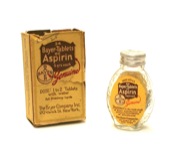
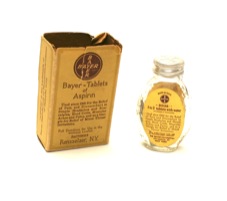
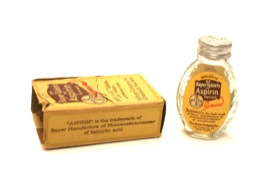
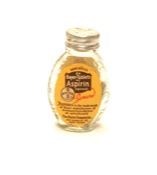
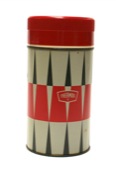
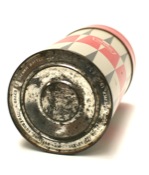
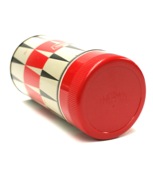
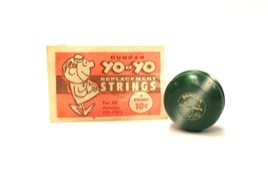
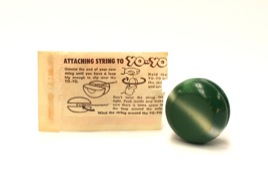
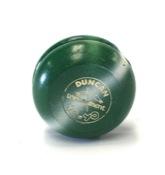
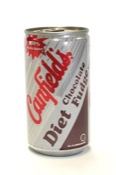
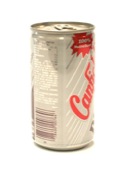
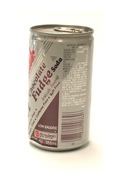
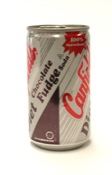
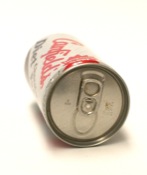
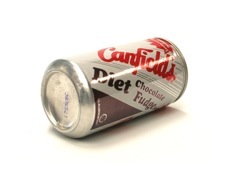
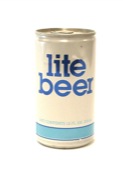
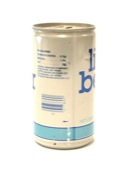
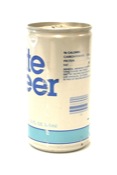
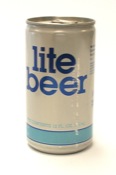
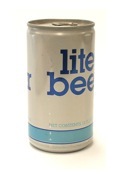
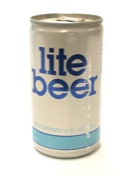
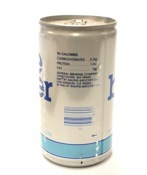
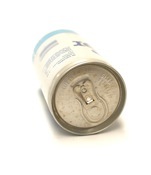
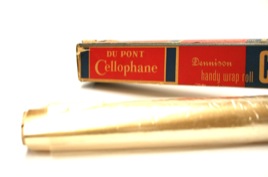
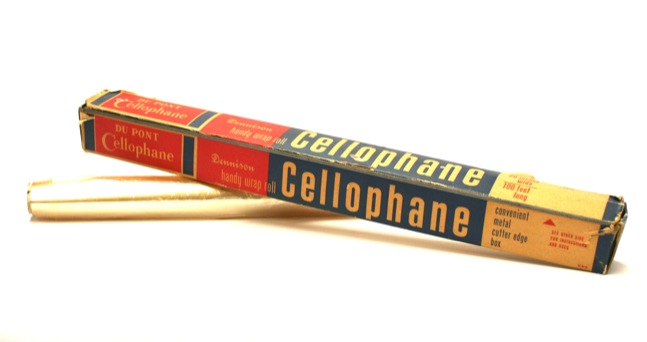
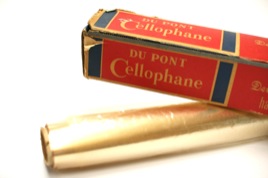


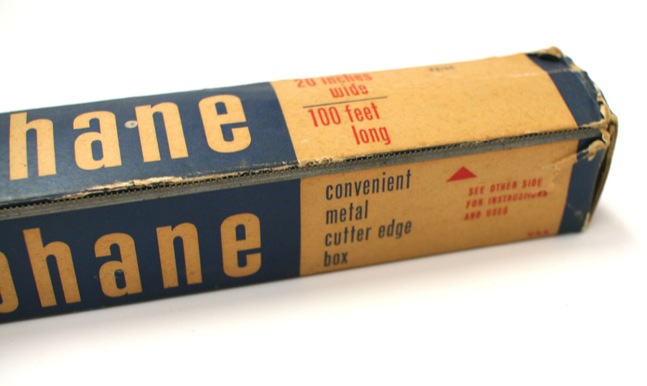
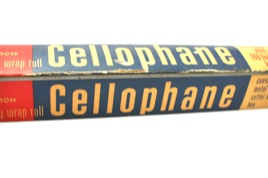
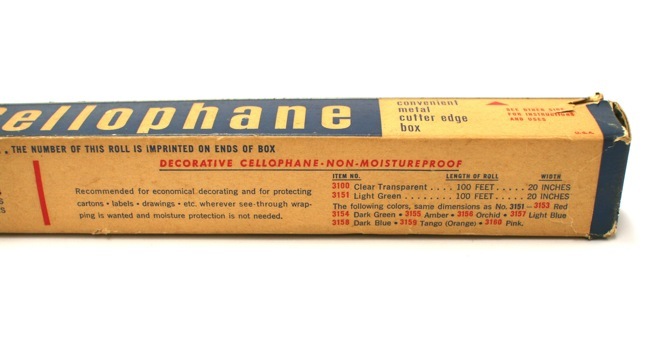
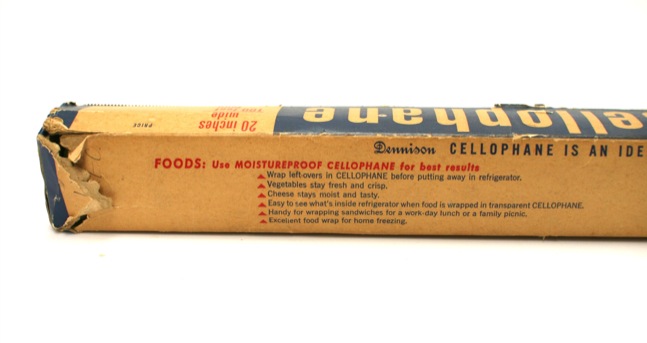
_(Shredded_Wheat_box)_no._7915_I.jpg)